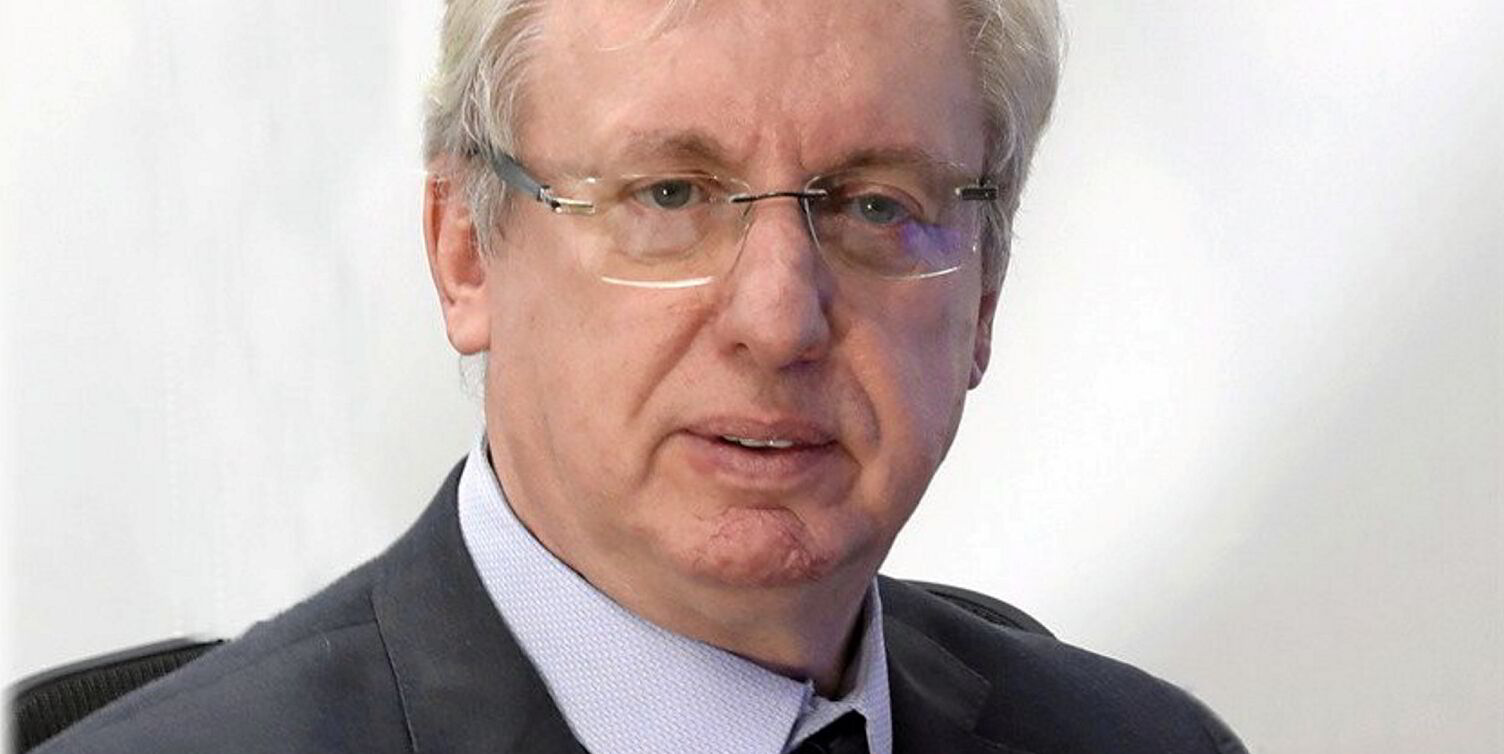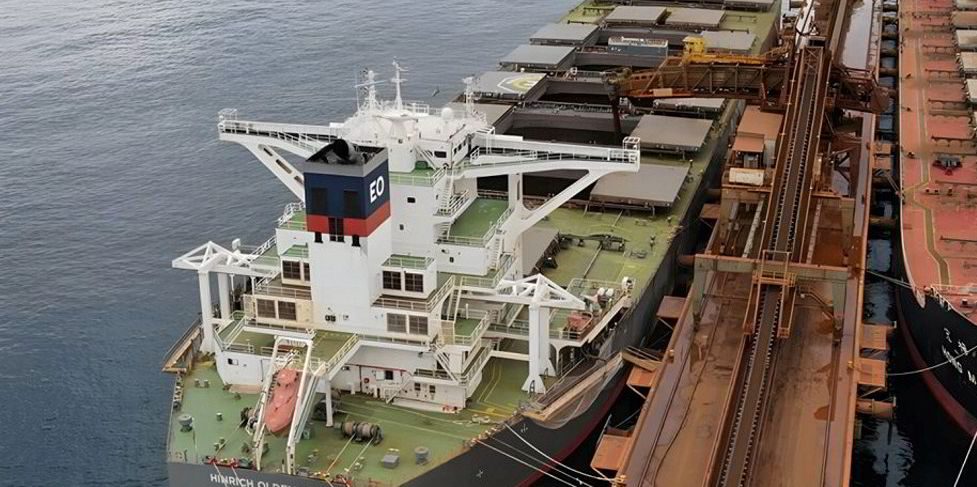Brazil’s development bank and government funding agency are making BRL 6bn ($1.1bn) available to help finance local production of sustainable bunker and aviation fuels.
The National Bank for Economic and Social Development (BNDES) and the Study and Project Financing Agency (Finep) are each chipping in BRL 3bn to the initiative.
The credit lines, which feature subsided interest rates, can be used for expenses including research, engineering projects and industrial plants, along with purchases of machinery and equipment, Brazil’s ministry of development, industry, trade and services said in a statement.
To assess any bids, BNDES and Finep said they would form a specific working group along with participants from other relevant government agencies.
“The selection process will be divided into three stages: submission of plans by the candidates, selection of plans and structuring of the joint support plan for each of the selected business plans,” BNDES said.
“These will be structured by the working group, indicating the most appropriate financial support instruments available within the scope of BNDES and FINEP — credit, subsidy and equity, depending on the type of project.”
BNDES said it could also consider the possibility of investing as a partner in biofuel ventures, for projects that are consistent with green goals.
“This public call is part of the industrial policy of President Lula’s government and represents a major market opportunity for the country’s development,” said BNDES president Aloizio Mercadante.
“Worldwide, aviation and shipping together account for around 5% of global CO2 emissions.”
“Sustainable fuels derived from biomass, waste and other renewable raw materials can reduce these emissions by up to 94%.”
Finep president Celso Pansera said the initiative will stimulate the development of projects that boost Brazil’s leadership role in the energy transition and decarbonisation.
“Brazil is already, by far, the G20 country that relatively produces the most electricity from clean sources,” he said.
“It is already the world’s second-largest producer of ethanol and the fourth-largest producer of biodiesel. We hope that in a few years, Brazil will also be one of the main players in the area of sustainable aviation and navigation fuels.”
Geraldo Alckmin, Brazil’s vice president and education and culture minister, said Brazil has an important contribution to make to the world with the production of biofuels.
“We have all the resources necessary to transform Brazil into a world leader in the production of SAF and sustainable fuels for navigation,” he said.
“This public call is yet another demonstration of our commitment to strengthening the green economy, valuing the high competitiveness of the biofuels sector and positioning the country as a protagonist in the global energy transition.”
“By investing in clean and innovative technologies, we are creating a new cycle of economic and social development that will benefit the entire society,” he added.





